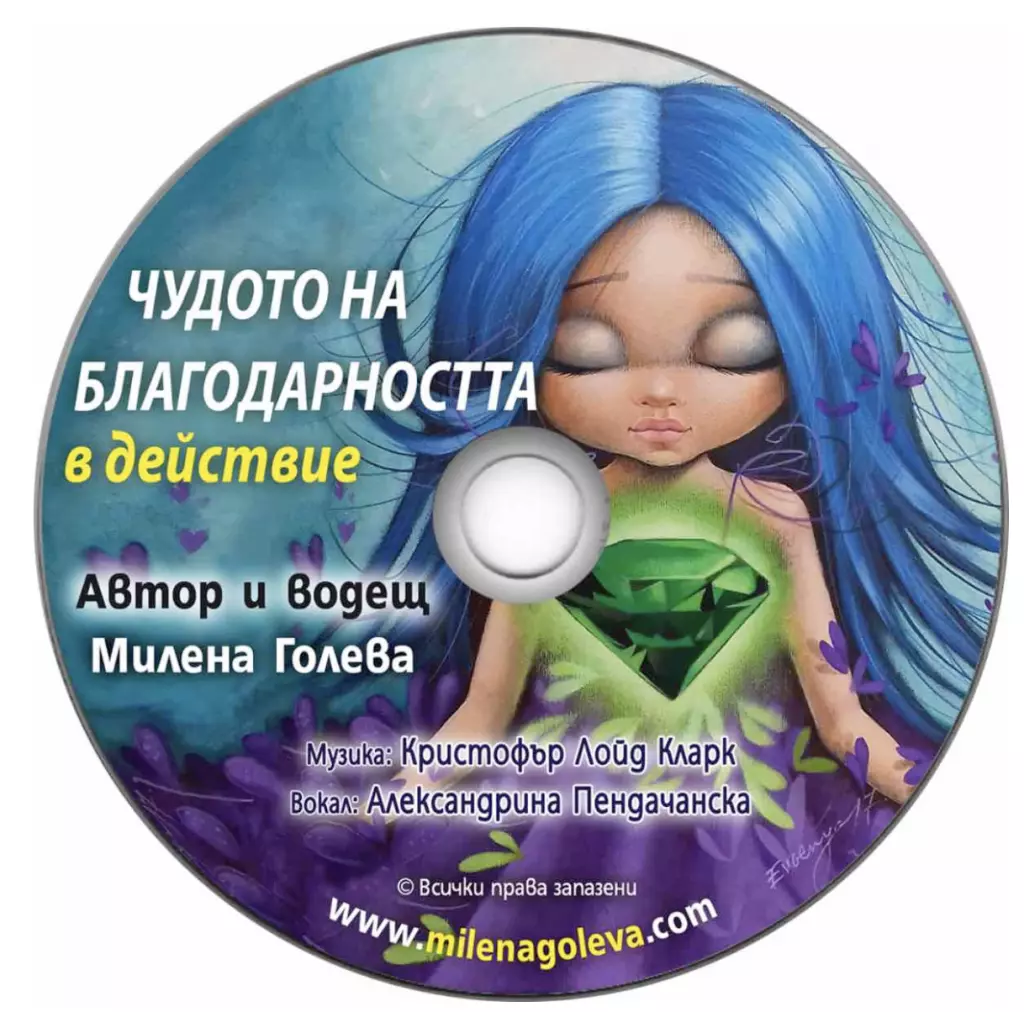Ever since we were children, we have been taught the importance of gratitude and we have been brought up to express it through certain phrases, gestures of politeness or silent trust in a higher power. In some cases, it is easy to express our gratitude, especially when fate has been kind to us or someone has done us a kind gesture. But what happens when the action is not so direct?
Shouldn't we be grateful for every occurrence in our lives? Even for those situations that have been extremely difficult or the challenges that allow us to grow and learn both independently and with our companions? Isn't the fact that we are alive and well and reading this article something to be thankful for?
True forgiveness is when you say THANK YOU for the experience gained.
Oprah Winfrey
According to some studies, gratitude, when it is sincere and frankly expressed, can have a positive effect on heart and brain activity. Dr. P. Murali Doreiswamy, head of the Department of Biological Physiology at Duke University Medical Center, points out in an ABC News post that gratitude affects:
- The neurotransmitters of mood
- Reproductive hormones
- Hormones associated with social relationships
- Cognitive neurotransmitters and those related to the pleasure center
- Immune system
- Stress hormones
- Heart rate and EEG
- Blood pressure
- Blood sugar
If gratitude it was medicine, it would have been the best selling product in the world to maintain the health of all organs and systems.
Dr.P._Murals Doreisuomi
Gratitude affects these functions primarily through the release of dopamine, the main response of the brain in a state of gratitude. Dopamine has a positive effect on mood and emotional balance. When gratitude becomes a part of our lives, we tend to focus more on positive than negative events, triggering the release of even more dopamine, thus providing our body with even more of this drug
Survey no1 –A few specific sentences
In one study, participants were divided into three groups and each was asked to write a few sentences each week. The first group was told to write about the things that happened to them during the week, but only those for which they felt grateful. The second group was told to focus on things that annoyed or angered them. And the third, a control group, was told to write about the things that impressed them, regardless of whether it was in a positive or negative way.
Through research conducted by Dr. Robert A. Emmons of the University of California, Davis, and Dr. Michael E. McCullough of the University of Miami, they concluded that those who wrote about gratitude felt much better and were more optimistic about their future.
Researchno2 –Thank you letter
A second study conducted among 411 participants by Dr. Martin E.P. Seligman, a psychologist at the University of Pennsylvania, involved controlled memory-based writing. One of the tasks in the study involved writing a "Thank You Letter" to someone whom the participants felt they had not had the opportunity to thank. Feelings of happiness increased dramatically after completing the task and had a lasting effect on the psyche in terms of gratitude.
Maybe you don't believe in this regularity?
Of course, studies of this type cannot be conclusive due to the nature of the subject matter, which is different from classic scientific experiments, but the results are interesting nonetheless. Whether or not you believe them is up to you, but it's still hard to deny that there is some connection between gratitude and a positive mood.
However, think about examples from your life. Haven't you noticed that sometimes positive and negative situations are related to each other?
How to set yourself up for gratitude
So, how do we set ourselves up for true gratitude anyway? A good way to make gratitude your daily state is through meditation and journaling. The best tool is, perhaps, meditation, as it allows you to see the whole situation from the side, it is also calming and allows you to look at life in a peaceful and positive way. At the time of the event, the emotion may be a little stronger, and often even too strong, but when one looks back later - whether it's a few hours, a few days, or a few weeks later - one understands why it had to happen and he might even feel gratitude for it all.
About journaling - we don't have to write down the things we're grateful for every day, but it's good to do it every chance we get, without committing. Consciously or not, the result of such journaling shows that we may be writing down either things that worry us or things that we are truly grateful for. Yet writing it down on paper helps to sort and analyze things, which will ultimately lead to a sense of gratitude for what happens in our lives rather than positive or negative mood swings that happen unconsciously
How to BE grateful
- Look at the world from the perspective of gratitude and you will be impressed by how many wonderful things we take for granted.
- Keep a gratitude journal. Nothing is required except to write 1-2 things a day that make you feel grateful.
- If you come into contact with someone or something with negative characteristics (eg it's very cold in the office), turn it in your mind into a positive one (I have an office with a great view).
- Gratitude requires humility, which the dictionary says is "modesty and respect." Try it if you don't need exactly that in your life.
- Give at least one compliment a day. It could be to a person, or it could just be sharing your admiration for something with someone. ("How beautiful and quiet it is early in the morning, isn't it?").
- When you find yourself in an unpleasant situation, ask yourself: What can I learn from this? When I look back on the situation, but without emotion, what will I be grateful for?
- Promise yourself not to complain, criticize or gossip for 10 days. If you don't keep the vow, impose your will and keep trying. You will notice how much energy goes into negative thoughts and actions.
- Express your happiness in your voice when you talk to someone on the phone. Whether the other person reacts with surprise or not, he will still know that you value communication with him.
- Take up a cause that is important to you. Spend money or time on a talent of yours. Joining a club of like-minded people will be appreciated, and so will your talents and interests.
It remains only to get hands on and apply the described techniques one by one. It will still do some good, or at least it will certainly do no harm. And what's better than a valuable experience?
And here's another wonderful way to get into the energy of Gratitude using this link to guided meditation on Milena Goleva – The miracle of Gratitude in action.







Comments are closed.